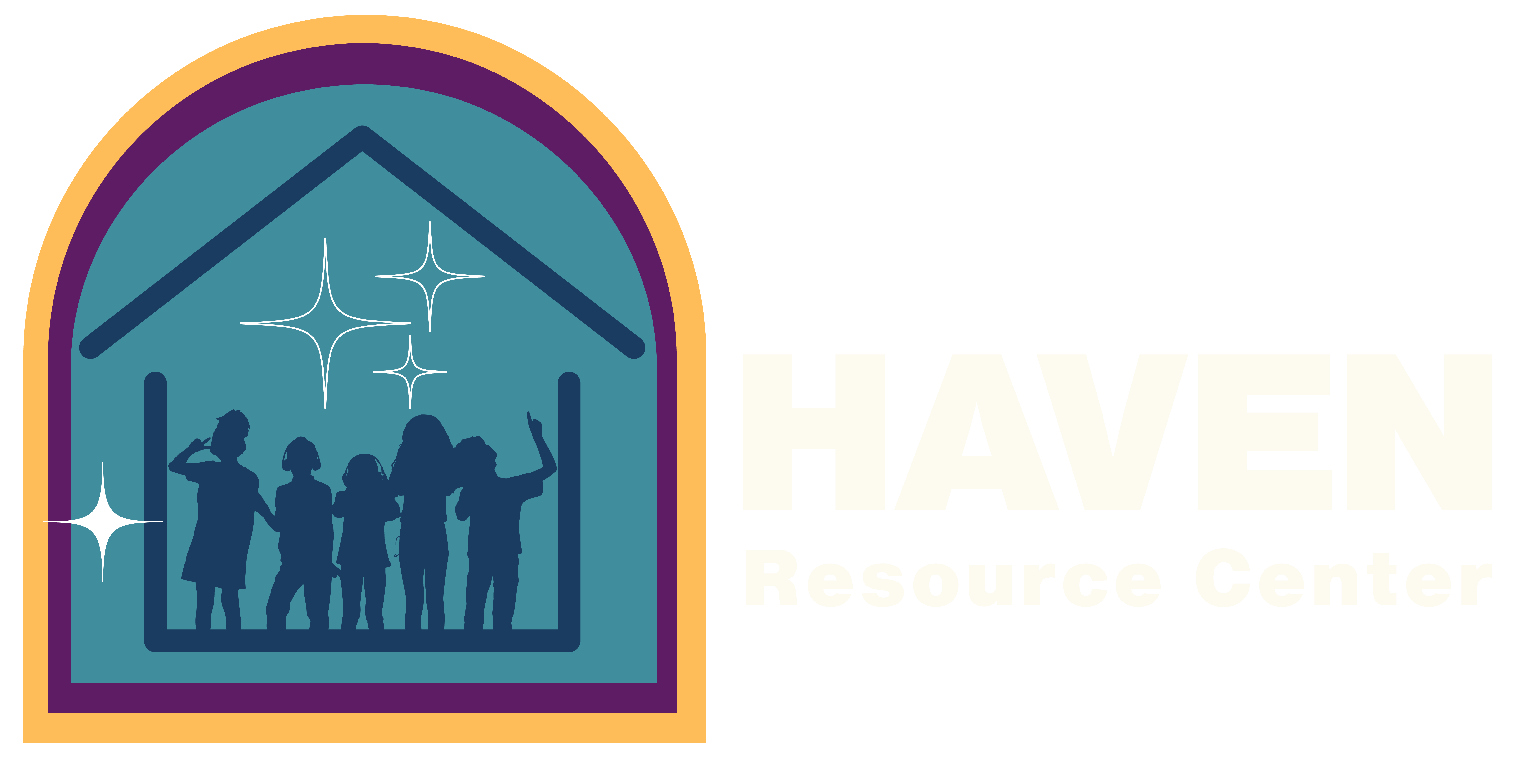Welcome to Haven's dedicated space for Clinicians
As frontline healthcare workers, you play a crucial role in identifying, assessing, and supporting young people with mental health concerns. We recognize the unique challenges you face in addressing youth mental health within the constraints of busy clinical settings, and we’re here to provide you with targeted resources to enhance your practice.
Our Clinicians
Our clinicians resources are designed to offer you evidence-based, up-to-date information and tools to effectively address the mental health needs of your young patients. Whether you’re a primary care physician, pediatrician, nurse practitioner, or specialist, these resources aim to support your clinical decision-making and patient care strategies.
We understand that staying current with the rapidly evolving field of youth mental health can be challenging. Our goal is to provide you with concise, practical resources that can be easily integrated into your clinical practice, helping you to provide the best possible care for your young patients.
We encourage you to explore these resources and incorporate them into your practice as appropriate. Remember, your role in early identification and intervention can make a significant difference in the lives of young people struggling with mental health issues.
What You’ll Find Here:
Ready to enhance Your Practice?
Choose a topic below to access our clinicians resources.
Comprehensive assessment is vital in diagnosing and treating adolescent mental health issues. Aronica Cotton discusses the importance of assessment, and below is a comprehensive set of resources:
- For screening, she recommends using the CESDC for depression and the SCARED for anxiety in children. They’re relatively short questionnaires. If time is limited, the PHQ-9 or GAD-7 can be good alternatives.
- Signs of Psychosis in Teens
- Early Treatment for Schizophrenia Improves Outcomes
- What Is Atypical Anorexia Nervosa?
Our ECHO series is designed for medical providers who serve military families. These specialized trainings provide guidance relevant to all families, while also addressing the special considerations of this population.
Through interactive video conferencing, medical providers can connect with experts and peers to discuss best practices for supporting patients during transitions and deployments. For more information about joining our medical provider ECHO series join our mailing list.
Resources from this presentation (please note some of the resources from our ECHO series are specifically intended for military families):
- Strengthening the Homefront: A Tactical Toolkit for Deployment -Targeted interventions that address key resiliency factors across the deployment cycle. Designed to be parent-focused, by taking healthy action, enhance positive familial interactions and communication, and support parent and child coping.
- For children living on installations (i.e., bases), use support systems and programs to keep kids involved
- A reliable support system also lets you connect with other families and children going through the same thing.
- Installation Military and Family Support Center can help you connect with:
- Deployment resources for families
- Family readiness groups, School liaisons, Chaplains, Child and youth programs
- For Children service members who don’t live near installations, the following local resources can help:
- Boys & Girls Clubs of America Mission Youth Outreach – offers free club membership to provide high-quality programs and caring mentors.
- 4-H Military partnerships – offer programs for positive youth development through intentional learning experiences.
- Yellow Ribbon program – promotes the well-being of National Guard and Reserve members, their families and communities by offering events to connect them with resources through the deployment cycle.

